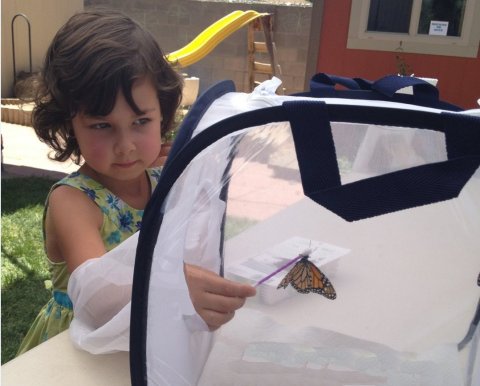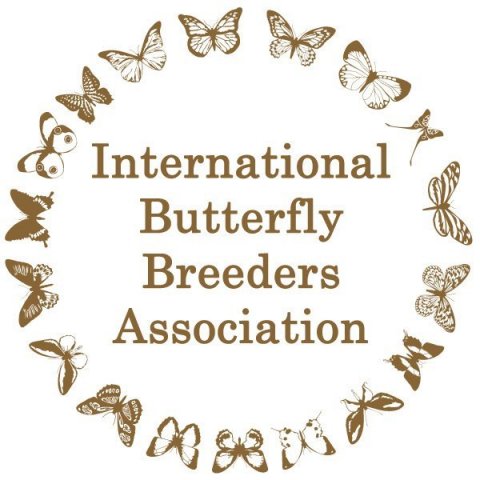SAN FRANCISCO--(BUSINESS WIRE)--The International Butterfly Breeders Association (IBBA), a trade association of commercial butterfly breeders, today challenged unscientific attacks on their industry by misguided activists.
“These misguided statements are not in the interest of the public nor based on science,” said Kathy Marshburn, president of the organization that represents commercial butterfly breeders in the United States and North America.
Marshburn referred to recent movements by individuals in San Francisco who hope to pass an ordinance preventing all butterfly releases inside the city limits.
Those who have enjoyed and support butterfly releases for education and celebration can let their voices be heard by sending comments to: Board.of.Supervisors@sfgov.org.
The IBBA, which celebrated its 15th year in November, supplies thousands of the colorful, inspiring butterflies each year for educational purposes to schools, science exhibits, museums and educational displays. The industry also ships butterflies to individuals and families to commemorate special occasions such as weddings, funerals and other celebrations.
Proponents of banning or limiting butterfly releases claim butterflies bred in captivity “might” affect the natural order by upsetting local ecosystems or injecting disease into local populations. No scientific evidence exists to support either claim.
Those who oppose butterfly releases in San Francisco suggest that the thousands of elementary school children who raise butterflies through educational kits as lessons in metamorphosis watch the creatures hatch then allow them to die in the classroom rather than release them to the wind. “Butterflies should be set free,” said Marshburn.
“Our industry is already highly regulated to prevent the introduction of inappropriate species into non-native environments, “ said Marshburn, noting that breeders work closely with the United States Department of Agriculture. Only nine species of butterflies are legal to ship for release in the United States and IBBA members abide by a strict code of ethics. She also pointed out that breeders would quickly be out of business if they shipped less-than-pristine butterfly stock.
Given society’s move toward urban centers and the population’s general disconnect with nature, fostering an understanding of the majesty and magic that butterflies represent should be encouraged, Marshburn said. The negative effects on children and others who have less contact with nature have been well documented in books like Last Child in the Woods. Author Richard Louv details the effects of “nature deficit disorder” and how spending less time with nature contributes to health problems. “The tactile experience of raising and releasing a butterfly is a complete antidote to that,” said Marshburn.
Many scientists agree.
Dr. Chip Taylor, founder of Monarch Watch, the lauded citizen scientist Monarch butterfly tagging program, has called the notion of banning butterfly releases "silly" and the release of butterflies "inconsequential."
"The anti-release proposal is an appeal to our emotions and to what appears to be logic. However, the ‘logic’ is not supported by evidence,” Dr. Taylor said by email. “This is a trivial issue relative to all the other problems we face trying to maintain the fabric that supports monarchs, pollinators and biodiversity in general."
In a 2010 article written in the News of the Lepidopterist’s Society, Dr. David Wagner, author of the guide to Caterpillars of Eastern North America, Dr. Felix Sperling of the University of Alberta and Dr. Bruce Walsh, of the University of Arizona, refute the arguments that butterfly releases are ill-advised. They dismiss as impractical the notion that teachers and others go out and collect local caterpillars for their educational undertakings. “If only wild caterpillars can be collected and brought into the classroom, we will run the risk of excluding urban children…. precisely what we don’t want,” the scientists wrote.
The scientific trio also suggests that children, teachers, and others should have the option to purchase, raise and release certain butterflies. They should “have the option to experience the wonder of metamorphosis, and then have the option to release the creatures,” the scientists wrote.
The IBBA and its customers agree. Residents of San Francisco should enjoy such a choice and not be subject to the vocal but unscientific whims of a fringe few.




